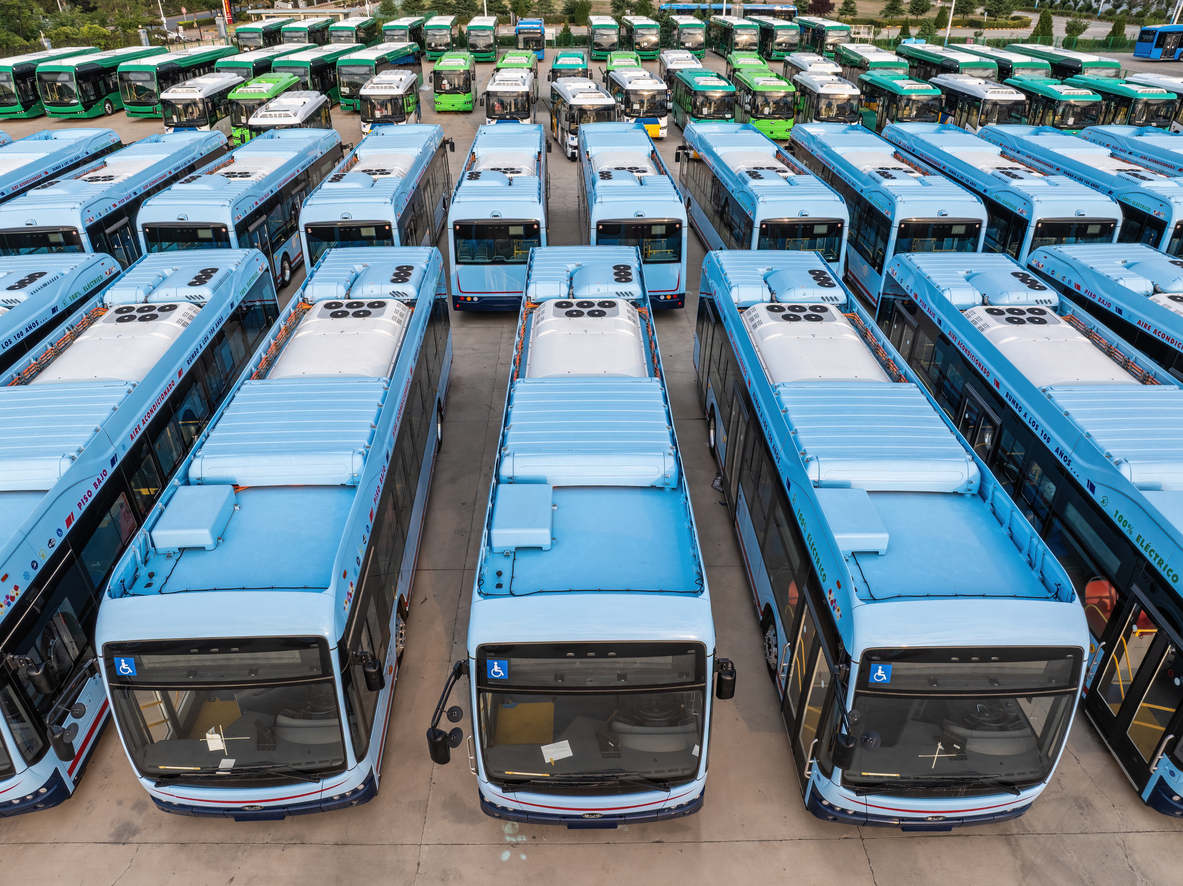Safety, Dignity, and Respect: Ensuring Proper Transportation of Human Remains in Nigeria
Safety, Dignity, and Respect: Ensuring Proper Transportation of Human Remains in Nigeria
Welcome to a thought-provoking journey addressing an often overlooked yet essential aspect of the funeral process – the transportation of human remains in Nigeria. In a world where every life deserves to be honored, it is crucial that we understand and advocate for safety, dignity, and respect throughout this solemn undertaking. Join us as we delve into the intricacies of this matter, shedding light on its significance and exploring potential solutions for ensuring proper transportation of our departed loved ones. Buckle up for a captivating exploration that will challenge your perspectives while igniting compassion within your heart!
Introduction: Explaining the importance of proper transportation of human remains and the purpose of the blog.
Introduction: Explaining the Importance of Proper Transportation of Human Remains and the Purpose of the Blog
Losing a loved one is an inevitable part of life, and it can be an incredibly difficult and emotional experience. In addition to grieving, there are also practical considerations that need to be addressed, such as arranging for the proper transportation of the deceased’s remains. This task may seem straightforward, but in reality, it is a crucial aspect of honoring their memory and showing respect for their life.
In Nigeria, where cultural beliefs and customs play a significant role in funeral practices, proper transportation of human remains holds even more significance. It not only ensures that the deceased is laid to rest with dignity and respect but also provides closure for their loved ones. However, due to various reasons such as lack of awareness, inadequate infrastructure, or financial constraints, this aspect often gets neglected.
The purpose of this blog is to shed light on the importance of proper transportation of human remains in Nigeria and provide guidance on how it can be achieved safely and respectfully. We aim to educate individuals on their rights when it comes to handling their loved one’s remains and highlight the potential risks associated with improper transportation.
We understand that discussing death can be uncomfortable for many people; however, we believe that having open conversations about these important matters can help alleviate some of the stress during such emotional times. That is why we have created this platform to share information and resources that will assist families in navigating through this process with ease.
Cultural Significance of Proper Transportation: Discussing the cultural beliefs and practices surrounding the transport of human remains in Nigeria.
Nigeria is a culturally rich and diverse country, with over 250 ethnic groups and numerous cultural practices. One of the most important cultural beliefs in Nigeria is the respect and reverence for the dead. The transport of human remains holds great significance in Nigerian culture, as it is seen as a final act of respect and honor for the deceased.
In traditional Nigerian societies, there are specific rituals and customs that must be followed when transporting human remains. These rituals vary depending on the ethnic group and religious beliefs of the deceased. However, one common belief across all cultures is that proper transportation ensures that the spirit of the departed can rest peacefully.
One of the key aspects of proper transportation in Nigeria is ensuring safety during transit. It is believed that if any harm comes to the body during transportation, it may disrupt the journey to the afterlife or even anger the spirits. As such, great care is taken to ensure that adequate measures are in place to safeguard against any accidents or mishaps.
Another important cultural practice surrounding transport of human remains in Nigeria is maintaining dignity throughout the process. In many Nigerian cultures, it is customary for family members to accompany their loved one’s body during transportation. This not only serves as a way for them to pay their last respects but also provides emotional support during a difficult time.
Cultural beliefs also dictate certain guidelines for how human remains should be transported. For instance, some cultures believe that bodies should not be carried headfirst into vehicles or airplanes as it symbolizes disrespect towards the deceased.
Current Issues and Challenges: Highlighting the current challenges faced by funeral parlors and families when it comes to transporting human remains.
Funeral parlors play a crucial role in ensuring that the deceased are transported safely and with dignity. However, in recent years, there have been numerous challenges faced by funeral parlors and families when it comes to the transportation of human remains. These challenges not only create difficulties for funeral directors but also add to the emotional burden on grieving families.
One of the main current issues faced by funeral parlors is related to inadequate infrastructure. In many parts of Nigeria, roads and transportation systems are not well-developed, making it challenging to transport human remains efficiently. This can result in delays or even damage to the casket during transportation. Moreover, due to poor road conditions and lack of proper equipment, handling and transferring heavy caskets can be a daunting task for funeral directors.
Another significant challenge is related to documentation and paperwork required for transporting human remains. The process of obtaining death certificates and necessary permits from authorities can be time-consuming and complicated. Often, family members are not aware of all the legal requirements involved in transporting their loved one’s body, which can lead to delays or even cancellations of transportation plans.
In addition to these logistical challenges, cultural differences also pose a problem when it comes to transporting human remains in Nigeria. Different ethnic groups have varying traditions and beliefs regarding the handling and transportation of bodies after death.
Safety Measures: Detailing the safety protocols that should be followed when handling and transporting human remains, including proper documentation, sanitation, and security measures
Handling and transporting human remains is a delicate and solemn task that must be done with utmost care, respect, and dignity. It is crucial to follow strict safety protocols to ensure the protection of both the deceased individual and those handling their remains. In this section, we will discuss in detail the safety measures that should be followed when handling and transporting human remains in Nigeria.
Proper Documentation:
Before any transportation of human remains takes place, it is vital to have all necessary documentation in order. This includes obtaining a death certificate from a certified medical professional or coroner’s office as well as any other legal documents required for transportation. These documents serve as proof of identification for the deceased individual and are essential for ensuring proper handling and transportation.
Sanitation Measures:
The sanitation measures taken when handling human remains are critical in preventing the spread of diseases or infections. All individuals involved in transporting human remains should wear personal protective equipment (PPE) such as gloves, face masks, and gowns to protect themselves from bodily fluids that may carry pathogens. Additionally, all surfaces where the remains will be placed should be thoroughly sanitized before and after use.
Proper Handling Techniques:
It is crucial to handle human remains with care and respect at all times during transportation. The body should be respectfully covered at all times while being transported to prevent any exposure or contamination. If possible, it is recommended to use specialized stretchers or caskets designed for the safe transport of human remains.








Comments are closed.